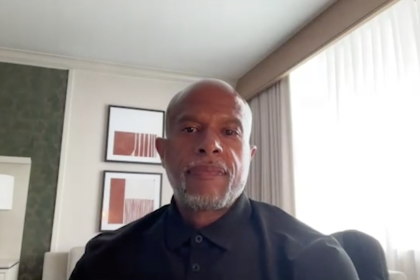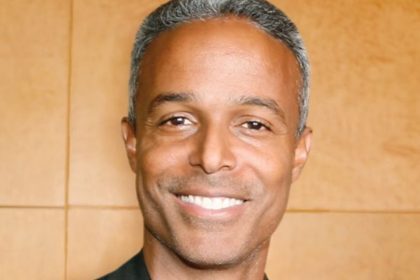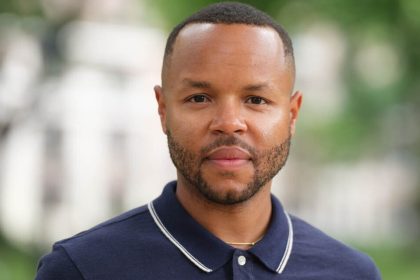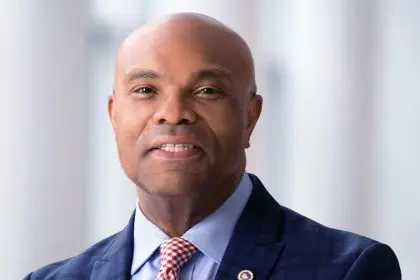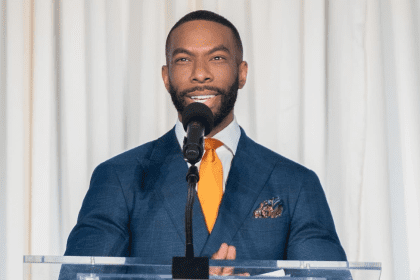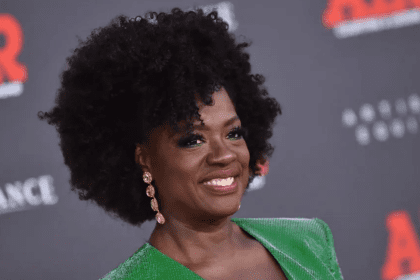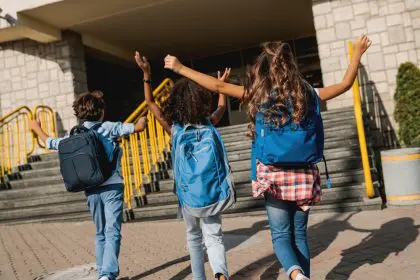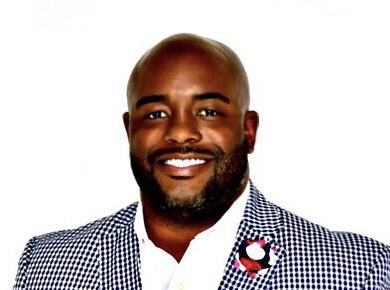
John Gibson is the MPAA’s deputy chief of staff and senior director of diversity and inclusion Initiatives. He co-created the Inclusion and Multicultural Outreach Program with the MPAA’s former CEO, former U.S. Sen. Chris Dodd in 2012. There has never been a diversity program in the MPAA’s 75-year history prior to Gibson and Sen. Dodd and since its creation, they have partnered with some amazing minority organizations and have overseen several inclusion initiatives. Gibson tells rolling out about his work for the MPAA.
What is your role at the MPAA as it relates to diversity and inclusion?
We created the program in 2012 and I interfaced with most of the civil rights and multicultural organizations that are committed to diversity in entertainment whether that be film or TV. With those relationships, I’m working with them constantly. For the connections they didn’t have with studios, I’m making those connections. I speak on behalf of the studios when necessary. I will also bring back messages from the leadership of these organizations to our studios. All of our studios have programs committed to including diversity and inclusion. I view this role as a master connector, making sure that all of the right people are talking and communicating. I’m on the board of the American Black Film Festival ABFF, the Georgia Latina Film Festival, several festivals that are geared toward pushing people of color into the Hollywood film pipeline. So, we make sure that our studios are aware of them, supporting them, and again making sure that these organizations have access to the studios.
How does the MPAA define diversity?
We define diversity as a representative of what the country and the world looks like. Personally, I move beyond diversity. Diversity is bringing people who don’t look alike and don’t practice the same religion, not the same sexual orientation to a party. Inclusion is dancing with all of them at the party. A step further than that is this new phrase belonging, I can’t imagine having this party without you. That is where we really want to move to, a sense of belonging, where everyone is able to see their authentic selves represented in film and TV.
You mentioned ABFF and the Georgia Latino Film Festival, what other minority organizations has the MPAA partnered with?
We work with the Hispanic Heritage Foundation, The White House Initiative on Historically Black Colleges and Universities, The White House Initiative on Educational Excellence for African Americans, The Urban World Film Festival in New York, The National Association of Independent Latino Producers, The March on Washington Film Festival, The Asian Pacific Screen Awards, The Memorial Foundation, Women in Film, The Gina Davis Institute on Gender and Media, The Southern University Human Jukebox Marching Band, Howard University Film Students. I could go on and on, but we work with many civil right minority organizations.
What is the strategic plan or vision for the MPAA in the future?
It is organically growing. When we started this program in 2012, even our CEO didn’t know where it would be or where it would grow. If you look at any major trade association, I think we have one of the most comprehensive and far-reaching diversity and inclusion programs. We have a new CEO and ambassador Charles Rivkin, who was President Obama’s Ambassador to France and then he was the Assistant Secretary of State. He came to MPAA with a huge background in diversity. In our first meeting, he talked about diversity and inclusion and expanding and growing it. Our studios are all doing a great job in this area, you just don’t hear about it. I really want to help get the word out about all the amazing work they are doing. Over the next couple of years, I just want them to be able to use us to tell their comprehensive story. We know we have such a long way to go in terms of this important issue, but we are making progress.
Your position with the company was created and you were the first person in the seat.
Our former CEO Chris Dodd was champion of Obamacare and the Family Medical Leave Act and all those great things. When he tasked me with this program it hadn’t been done before. I had a background in corporate diversity and civil rights. Before being at the MPAA I was just a fan of film and TV. As a man of color I wanted to see myself represented but not in a stereotypical way, but as all that, we are as people. This was an easy one for me. I didn’t have a roadmap, but I just leaned on the relationships I had with the civil rights community.
What is your biggest success to date?
Last Monday I was on the campus of Southern University. They don’t have a film school, but there is this amazing young man that I met last September. He has a YouTube page, he’s a noted Baton Rouge videographer, he does videos for Southern’s Office of Career Services. We surprised him at a press conference that he thought was about our outreach to Historically Black Colleges and Universities. What he didn’t know was the press conference was about him. We surprised him with an eight-week summer internship in Los Angeles working at Paramount Studios in postproduction. We are paying for everything, travel, lodging and salary. Just to see his face light up, his parents were there, they surprised him. Of all the great things I’m doing this was at the top, because I’m affecting the life of a 19-year-old and I can’t wait to see what he has for the world.


